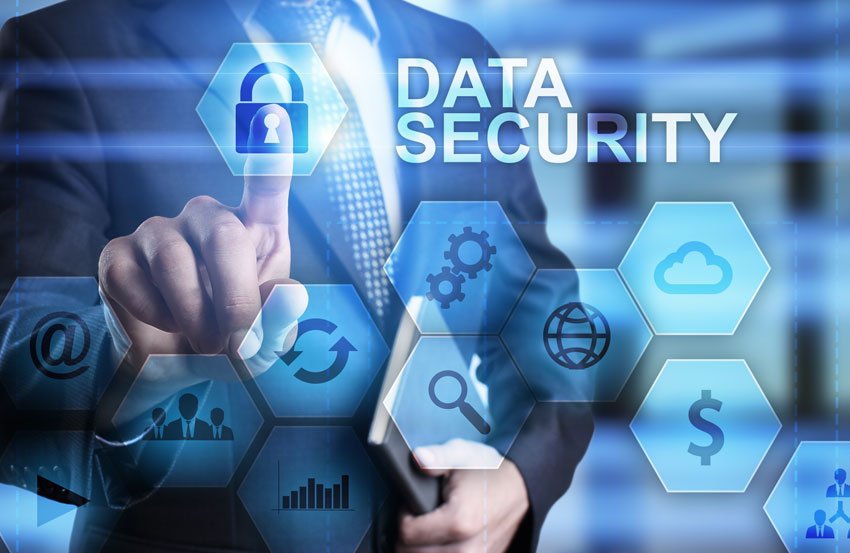How to Ensure Data Security and Privacy for Remote Workers
How to Ensure Data Security and Privacy for Remote Workers
As remote work becomes the new normal, organisations face new challenges in keeping their data secure. Employees working from home or from different locations often operate outside the traditional office's secure networks, creating more opportunities for security breaches.
Whether you’re a business leader, IT manager, or a remote worker yourself, prioritising data security and privacy is essential — not just for protecting company information, but also for maintaining client trust and compliance with regulations.
Here’s a practical guide on how to ensure strong data security and privacy for remote workers:
1. Set Clear Security Policies
First and foremost, create and distribute clear, easy-to-understand policies about data handling, privacy, and acceptable use of company resources. Your remote workers should know:
What platforms and tools they are authorised to use
How to report security incidents
What behaviours could risk data breaches (e.g., using public Wi-Fi without a VPN)
Regularly update these policies and ensure they’re part of your onboarding process.
2. Use Secure Communication Channels
Encourage (or better yet, mandate) the use of secure communication tools:
Encrypted email platforms
Secure messaging apps (like Signal, Slack Enterprise, or Microsoft Teams)
Video conferencing tools with security features enabled (such as waiting rooms and password-protected meetings)
This reduces the risk of eavesdropping and unauthorised access.
3. Enforce Strong Authentication
Simple passwords are no longer enough. Implement multi-factor authentication (MFA) for all company accounts and software.
Require passwords to be complex and updated regularly.
Use authentication apps rather than SMS codes whenever possible for better protection.
MFA adds an extra layer of security that can significantly reduce the risk of unauthorised access.
4. Provide Company-Approved Devices
If possible, supply your remote team with devices configured with the necessary security measures:
Up-to-date antivirus software
Firewalls
Endpoint protection
Restricted user permissions (preventing downloads of unknown software)
If employees use their own devices (BYOD — Bring Your Own Device), make sure you have a BYOD policy and minimum-security standards in place.
5. Use VPNs (Virtual Private Networks)
Remote workers should always connect to company systems via a trusted VPN. VPNs encrypt internet traffic, making it much harder for hackers to intercept sensitive information — especially important when employees are working from cafés, airports, or other public places.
6. Train Employees on Cybersecurity Awareness
Human error remains one of the biggest risks to data security. Regular training can help prevent mistakes such as:
Falling for phishing emails
Downloading malware
Sharing sensitive information unintentionally
Consider running short webinars or sending out monthly security tip newsletters to keep knowledge fresh and relevant.
7. Regularly Back Up Data
Ensure that critical data is backed up securely and automatically. This protects against data loss caused by cyberattacks (like ransomware) or device malfunctions. Cloud-based backups with strong encryption are often a good solution for remote setups.
8. Monitor and Respond to Threats
Implement monitoring tools that detect unusual activities or potential breaches.
Regular audits and security reviews should be scheduled.
A response plan should be in place so that, if a breach does happen, your organisation can act swiftly to minimise damage.
Final Thoughts
Remote work offers great flexibility, but it also requires greater vigilance to protect sensitive information. By building a culture of security awareness, providing the right tools, and maintaining proactive security practices, organisations can ensure that remote workers are just as secure as they would be inside a traditional office.
Data security isn’t just a box to tick — it’s an ongoing responsibility. And in today’s connected world, getting it right is more important than ever.
For more information, Avant can help you set up and secure a professional remote worker, ensuring your team operates safely and efficiently from anywhere.

